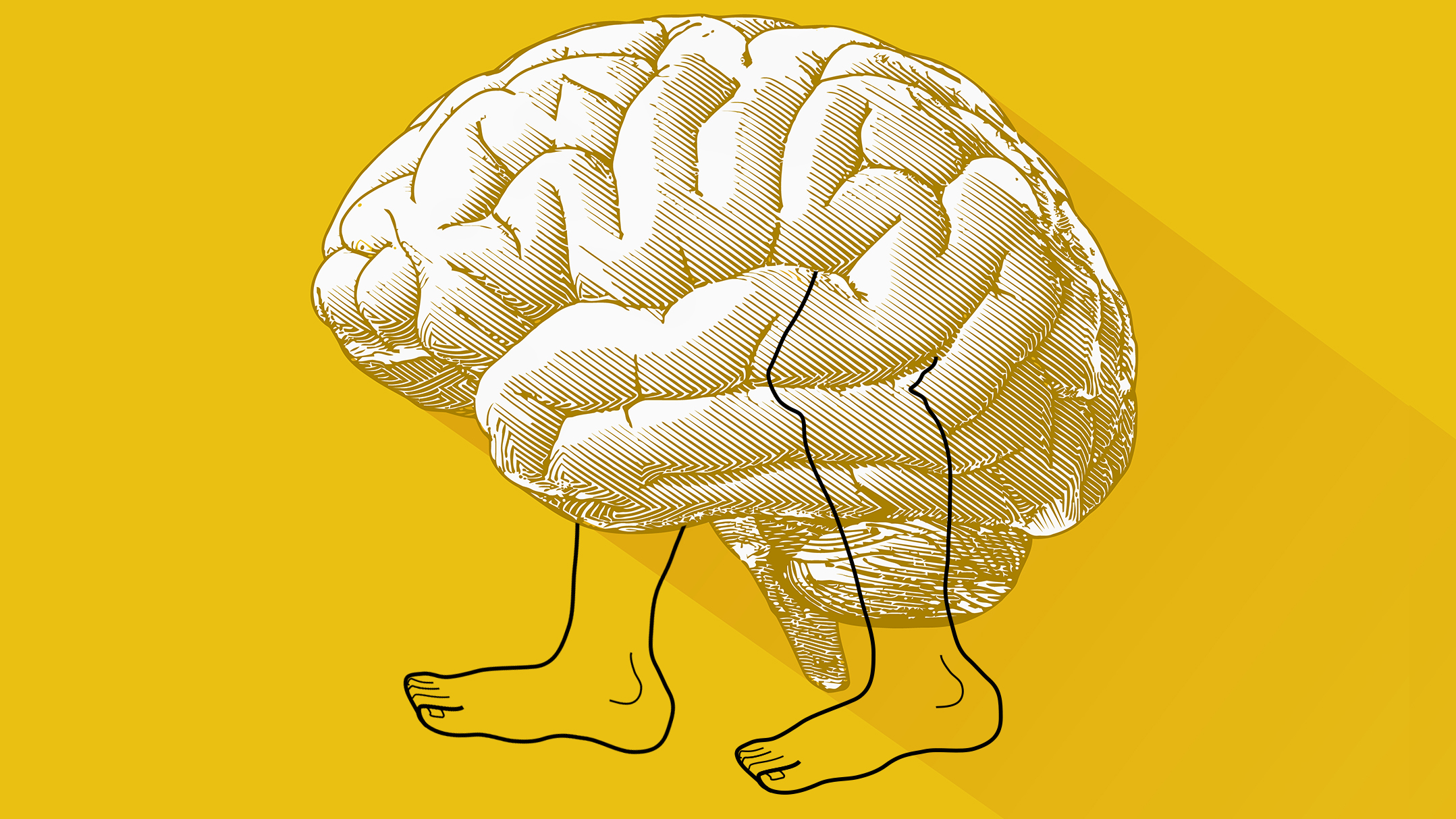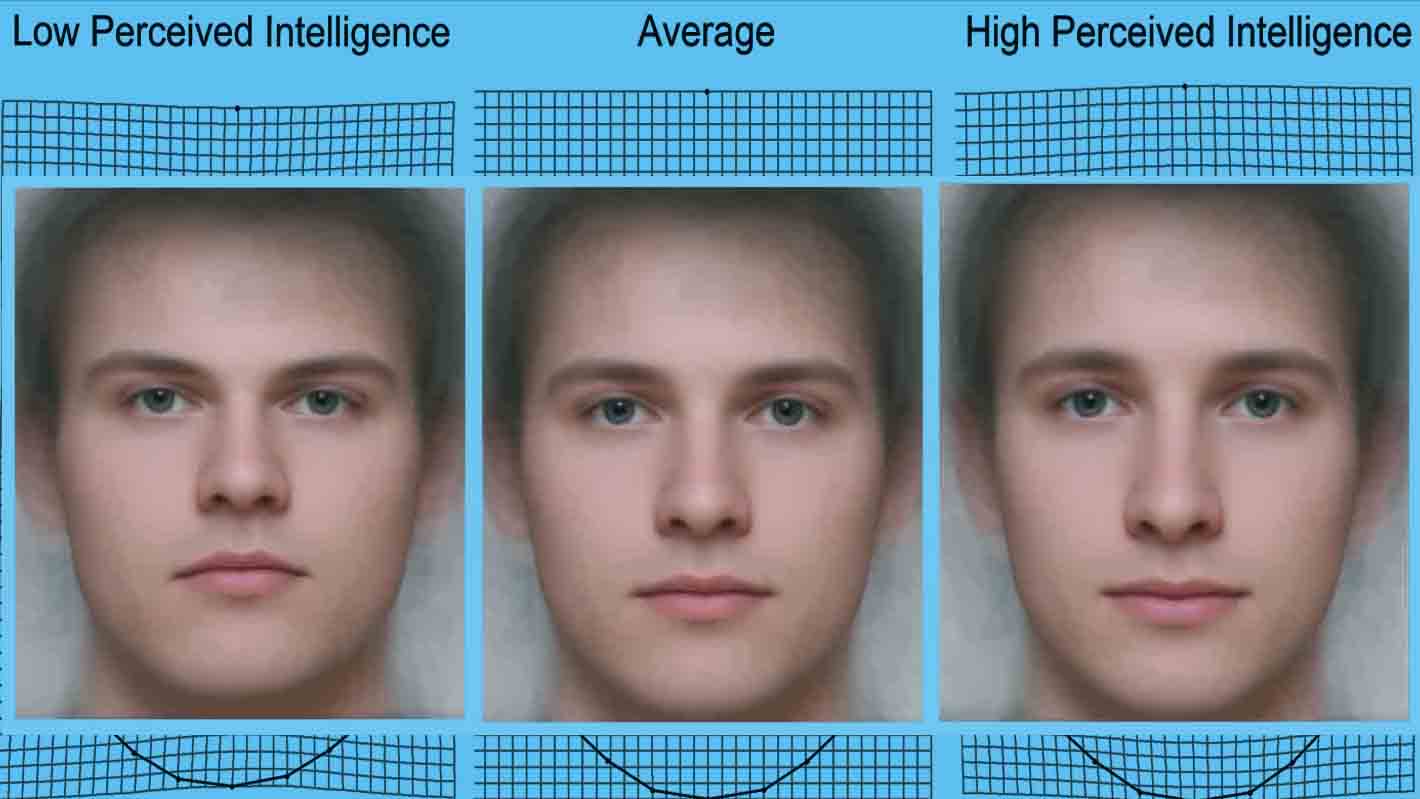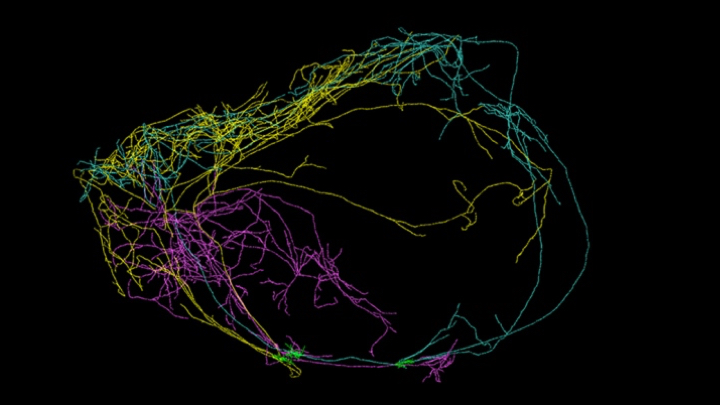Surprising Science
All Stories
The beloved honeybee has more in common with vertebrates that anyone thought.
Freeze it, boil it, or expose it to radiation. The water bear shrugs it off. Now we know why.
Why are we so hung up on Pluto’s planetary status? Astrophysicist Neil deGrasse Tyson urges us to get over it already!
The study might also help us to identify the prodigy gene, should it exist.
New research shows that more Americans are giving up on weight loss. How can we change this trend?
Theoretical physicist Lawrence Krauss explains why nothing is really something.
An amateur scientist reveals that cosmic debris from space is all over the place.
Life may not be a rarity after all, but the result of a certain set of conditions.
Conceptual artist Jonathon Keats proposes neuroscience-based fashion.
Married Americans are now having sex 11 fewer times per year than in 2002, according to a new study published in the Archives for Sexual Behavior. What is causing this dramatic change?
They may have even kissed our ancestors.
How our brains can be both asleep and up and about at the same time.
One day, we might be able to say that the dog saved the cheetah from extinction.
Libertarian transhumanist Zoltan Istvan is running for Governor of California in 2018 and, among other things, he wants to conquer aging and death for all!
Amoebas one-tenth the width of a human hair may someday help diffuse a bioterror attack.
Cognitive scientist Guy Claxton believes we should think of our entire body as our brain.
It may be possible to treat eczema with a super-effective ointment made from your own microbes.
Faces convey many important signals, but our ability to perceive the measured intelligence (IQ) of another person is contingent on the gender of the subject.
New 3D images of a mouse brain reveal a neuron that encompasses the entire brain.
There’s only medicine that works and medicine that does not, writes Paul Offit.
Pluripotent stems cells might be the key to creating reliable lab-grown meat.
A yeast found in the gut micro biome of infants is implicated in the development of asthma.
NASA finds 50,000 year-old bacteria alive inside gigantic crystals in a Mexican mine.
So far, 549 separate paraphilias have been officially identified.
Some people are just as afraid of eternal life as non-existence.
Our increased dependency on antibiotics creates more resistant bacteria. How will we outwit these bad actors?
What does it mean for spooky action at a distance if distances aren’t real, but just the way they look to us?
In 2012, “pathological bias” was included in the Oxford Handbook of Personality Disorders.
Genetic, immune, and neurological components point to evolutionary underpinnings.
A study of the zinc left behind at a plutonium blast site shows that it’s identical to what’s in moon rocks, supporting the idea of an explosive lunar origin.





























